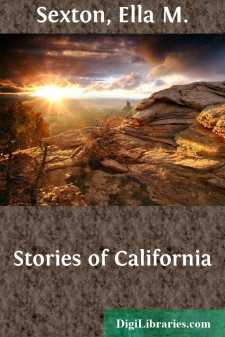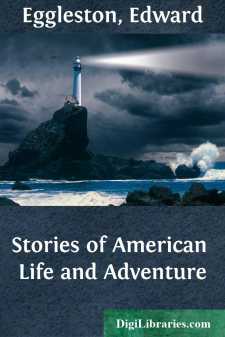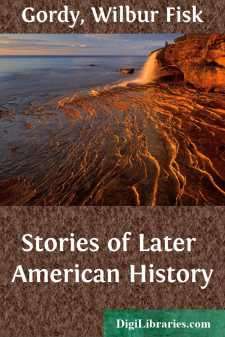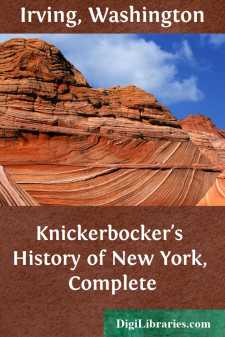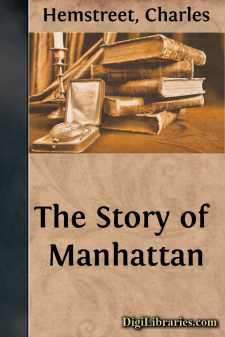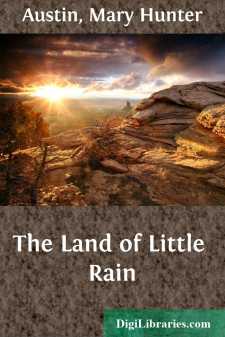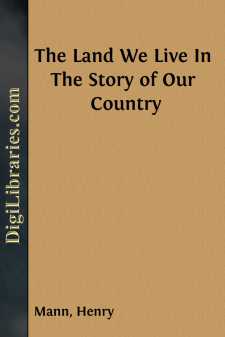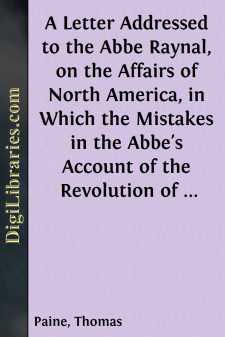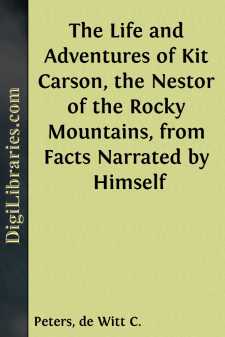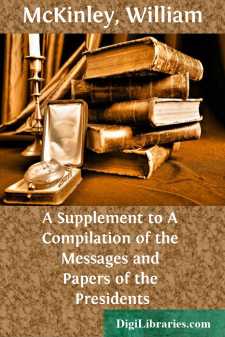History
- Africa 30
- Americas (North Central South West Indies) 50
- Ancient 68
- Asia 58
- Australia & New Zealand 8
- Canada 41
- Caribbean & West Indies 1
- Civilization 20
- Eastern Europe 12
- Europe 310
- Expeditions & Discoveries 60
- General 77
- Historical Geography 1
- Jewish 9
- Latin America 3
- Medieval 8
- Middle East 13
- Military 248
- Revolutionary 8
- Study & Teaching 5
- United States
- Western Europe 56
- World 13
United States Books
Sort by:
by:
Ella M. Sexton
CALIFORNIA'S NAME AND EARLY HISTORY A Spanish story written four hundred years ago speaks of California as an island rich in pearls and gold. Only black women lived there, the story says, and they had golden spears, and collars and harness of gold for the wild beasts which they had tamed to ride upon. This island was said to be at a ten days' journey from Mexico, and was supposed to lie...
more...
by:
Edward Eggleston
A WHITE BOY AMONG THE INDIANS. Among the people that came to Virginia in 1609, two years after the colony was planted, was a boy named Henry Spelman. He was the son of a well-known man. He had been a bad and troublesome boy in England, and his family sent him to Virginia, thinking that he might be better in the new country. At least his friends thought he would not trouble them so much when he was so...
more...
CHAPTER I PATRICK HENRY The Last French War had cost England so much that at its close she was heavily in debt. “As England must now send to America a standing army of at least ten thousand men to protect the colonies against the Indians and other enemies,” the King, George III, reasoned, “it is only fair that the colonists should pay a part of the cost of supporting it.” The English...
more...
INTRODUCTION. KNICKERBOCKER'S HISTORY OF NEW YORK is the book, published in December, 1809, with which Washington living, at the age of twenty-six, first won wide credit and influence. Walter Scott wrote to an American friend, who sent him the second edition—— "I beg you to accept my best thanks for the uncommon degree of entertainment which I have received from the most excellently jocose...
more...
CHAPTER I. THE ADVENTURES of HENRY HUDSON HE long and narrow Island of Manhattan was a wild and beautiful spot in the year 1609. In this year a little ship sailed up the bay below the island, took the river to the west, and went on. In these days there were no tall houses with white walls glistening in the sunlight, no church-spires, no noisy hum of running trains, no smoke to blot out the blue sky....
more...
East away from the Sierras, south from Panamint and Amargosa, east and south many an uncounted mile, is the Country of Lost Borders. Ute, Paiute, Mojave, and Shoshone inhabit its frontiers, and as far into the heart of it as a man dare go. Not the law, but the land sets the limit. Desert is the name it wears upon the maps, but the Indian's is the better word. Desert is a loose term to indicate...
more...
by:
Henry Mann
INTRODUCTION. "The Story of Our Country" has been often told, but cannot be told too often. I have spared no effort to make the following pages interesting as well as truthful, and to present, in graphic language, a pen-picture of our nation's origin and progress. It is a story of events, and not a dry chronicle of official succession. It is an attempt to give some fresh color to facts...
more...
by:
Thomas Paine
INTRODUCTION A London translation of an original work in French, by the Abbe Raynal, which treats of the Revolution of North America, having been reprinted in Philadelphia and other parts of the continent, and as the distance at which the Abbe is placed from the American theatre of war and politics, has occasioned him to mistake several facts, or misconceive the causes or principles by which they were...
more...
CHAPTER I. Carson's Birthplace—His Emigration to Missouri—Early Prospects—Is an Apprentice—Stories of the Rocky Mountains—He Enlists to go there—Adventures on the Prairies—Broaders is Wounded—Carson's Nerve put to the Test—Rude Amputation—Safe Arrival at Santa Fé—Goes to Taos and learns the Spanish Language—Early Vicissitudes—Disappointment and Attempt to return to...
more...
by:
William McKinley
William McKinley (For portrait and early biographical sketch see Vol. X, pp. 125, 126, 127) At the National Republican Convention which met at Philadelphia in June, 1901, William McKinley was again nominated the Republican candidate for the Presidency of the United States. At the November election he was re-elected, receiving 292 electoral votes, against 155 votes for William J. Bryan. In September,...
more...


